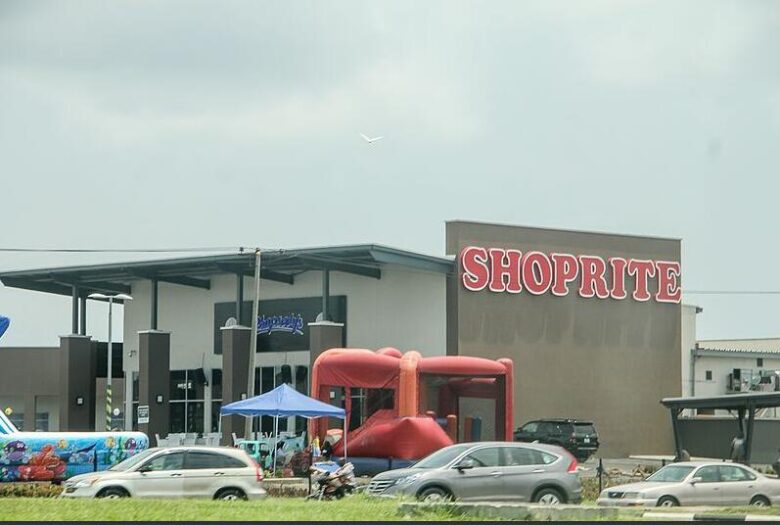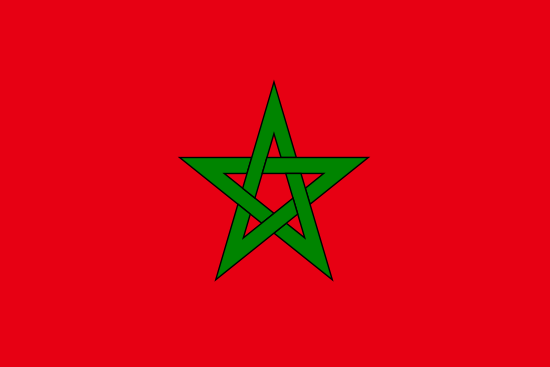Nigeria Everyday Life
Housing and supply
The property – and rental rates in the major cities of Nigeria like Abuja and Lagos, are exorbitant and rising. In the larger cities, it is not uncommon for landlords to ask for two to three years’ rent in advance, depending on the location and size of the apartment. Employers often help their employees to find affordable accommodation for longer work assignments in larger cities or they make it available on their own initiative.
Basically everything that money can buy can be found in the larger cities of Nigeria. The modern shopping centers there are equipped with product ranges that meet international standards. While the wealthier Nigerians and expats mostly do their shopping in the large supermarkets and shopping malls, the average Nigerians get their supplies in the markets, in street vendors, from hawkers or in small shops. Goods of all kinds for daily needs are offered cheaply in the markets; the prices are fathomed through action.
According to militarynous, there are a variety of online shops in Nigeria. According to a study, monthly transactions worth 1.3 billion Naira (approx. 3.2 million euros) are generated in Nigeria through online shopping. New online shops appear almost every day. Beware, not all online shops are reliable and safe.
The cost of living in Nigeria depends on where you live. The cost of living is comparatively low in the countryside and relatively high in the cities, especially in Lagos and Abuja. According to a study by the management consultancy Mercer 2020, Lagos ranks 18th and Abuja 68th out of more than 209 cities examined worldwide. Expat Arrivals Guide, Lover`s Guide to Lagos and Abuja City Guide provide information about life in Lagos and Abuja.
Culinary
Due to the great ethnic diversity, there is no nationwide national dish in Nigeria. In every region of the country there are dishes that are considered “typical” for the respective ethnic group. The specialties of northern Nigerian cuisine include “Miyan Taushe or Pumpkin Soup” (sauce with pumpkin, meat, spinach, dried fish), “Suya” (spicy skewers with beef) and “Kilishi” (seasoned, dried beef, lamb – or goat meat). “Tuwo Shinkafa” (pureed rice) is a side dish to “Pumpkin soup”.
The specialties from the south include: “Egusi soup” (sauces made from meat or dried fish, ground pumpkin seeds, palm oil), “Okra soup” (sauces made from okra pods, meat, dried fish, palm oil), “Jollof rice” (rice dish with Onions, tomatoes, chillies, palm oil, beef or chicken). As supplements to the sauces are usually “Fufu” (dumplings made of pounded cassava), “Pounded yam” (dumplings made from mashed yams) and “Garry” passed (Maniokgries). “Akara” (small deep-fried balls made from black- eyed peas) should not be missing for the southern Nigerian breakfast.
Almost all dishes in the country are eaten by hand. Since the left hand is considered “unclean”, the right hand is always used to eat. You always drink water with the dishes.
Money and money transfer
The exchange rate of the Nigerian currency Naira (1 Naira = 100 Kobo) can vary widely. The smaller unit “Kobo” (coins) of the naira is no longer used due to the high inflation rate. Instead, higher-quality banknotes are always printed in naira.
It is advisable to have traveler checks with you for the first few weeks, which can be exchanged in any bank in Nigeria. It is also recommended that you bring US dollar cash with you. In principle, you can exchange money at the banks or at the official exchange offices (Bureaux de Change). Be careful when exchanging on the black market or at hawkers, as this is officially not permitted.
The use of credit cards is only possible in rare cases. In the large hotels of international standard in Abuja and Lagos, credit cards such as American Express, MasterCard and Visa are accepted as means of payment. There are only ATMs in the big cities – mostly with long queues – as well as in bank branches, hotels and airports.
Western Union is recommended for transferring money from Germany to Nigeria. For information on opening an account in Nigeria, please visit the following Nigerian-approved banks.
Telecommunications and internet
The telecommunications market in Nigeria is booming. Cellular network and internet provider are available nationwide. The mobile communications sector is very advanced and growing steadily. In contrast, the number of telephone connections in the fixed network is constantly falling. Leading cellular companies in the country are MTN, Glo, Airtel and 9mobile. If you want to make cheap calls, you should use prepaid cards from local providers, which can be bought everywhere.
As in almost all African countries, the importance of the Internet is increasing rapidly. There are now numerous internet cafés in most cities in the country. However, the connections are often very slow and you should definitely be prepared for interruptions in the connection due to power outages. Currently, Internet cafes are increasingly smartphones that offer mobile internet access, replaced.



